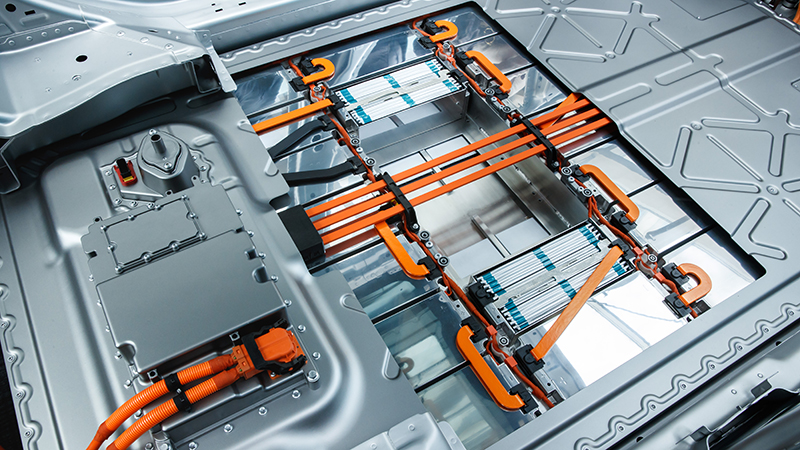A Tokyo Company Has Invented a Battery 90% Cheaper Than Lithium Ion
With the ever growing demand for electric vehicles and electronic gadgets, lithium ion batteries remain to be vital in the world.
According to a Bloomberg report, the person who helped to commercialize the battery has said that he has found a way to cut production costs by 90% as well as improve their safety.
Hideaki Horie is the founder of Tokyo-based APB Corp. and in 2018 made “all-polymer batteries.” This year the company received backing from several Japanese firms including Teijin Ltd and Yokogawa Electric Corp.
“The problem with making lithium batteries now is that it’s device manufacturing like semiconductors,” Horie said in an interview. “Our goal is to make it more like steel production.”
Horie has replaced the battery’s basic components of metal-lined electrodes and liquid electrolytes, with a resin construction. According to him, this dramatically simplifies and speeds up manufacturing, making it as easy as “buttering toast.”
It also allows for 10-meter-long battery sheets that can be stacked on top of each other “like seat cushions” to increase capacity, he said. Importantly, the resin-based batteries are also resistant to catching fire when punctured.
APB raised 8 billion yen, or $74 million, back in March. Horie expects the funds will get his plant in central Japan to 1 gigawatt-hour capacity by 2023.
“Just from the standpoint of physics, the lithium-ion battery is the best heater humanity has ever created,” Horie said.
“Because of the many incidents, safety has been at the top of mind in the industry,” remarked Mitalee Gupta, senior analyst for energy storage at Wood Mackenzie. “This could be a breakthrough for both storage and electric vehicle applications, provided that the company is able to scale up pretty quickly.”
APB will first focus on stationary batteries used in buildings, offices and power plants.


